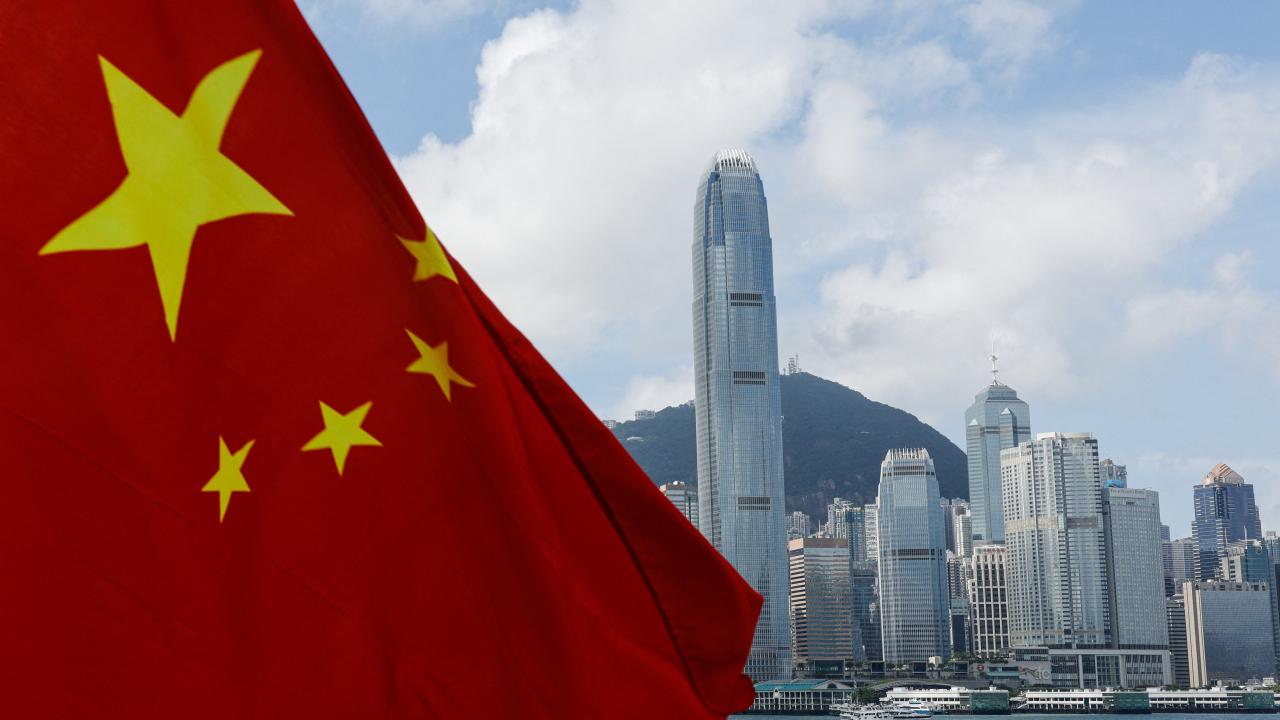
It is largely due to the 1.4% drop observed in food prices, which in February had fallen by 0.1% annually.
China's consumer price index (CPI) registered a year-on-year increase of 0.1% last March, in contrast to the 0.7% rise in the previous month, according to data published this Thursday by the National Bureau of Statistics (ONE).
The weakness of inflation recorded in March in China is largely due to the 1.4% drop observed in food prices, which in February had fallen by 0.1% annually.
Thus, China's core inflation rate, which excludes the impact of energy and fresh food, stood at 0.6% in March, half that of February.
For its part, the industrial production price index in the Asian giant accelerated its year-on-year decline to 2.8% in March from 2.7% the previous month.
"The People's Bank of China appears somewhat concerned about low inflation, but with the exchange rate under pressure, its appetite for substantial monetary easing still appears limited," warns Julian Evans-Pritchard, chief China economist at Capital Economics, for who "is unlikely" that political support will resolve the imbalance between investment and consumption behind China's low inflation, which he considers "a long-term phenomenon."
For her part, Lynn Song, chief China economist at ING Research, adds that, while the data will gradually show that China "is not trapped in a deflationary spiral," inflation remains well below target, so that "the economy would benefit from further rate cuts."
However, the analyst does not expect a rate cut in China until the second half of the year, and anticipates two rate cuts of 10 basis points in 2024.









